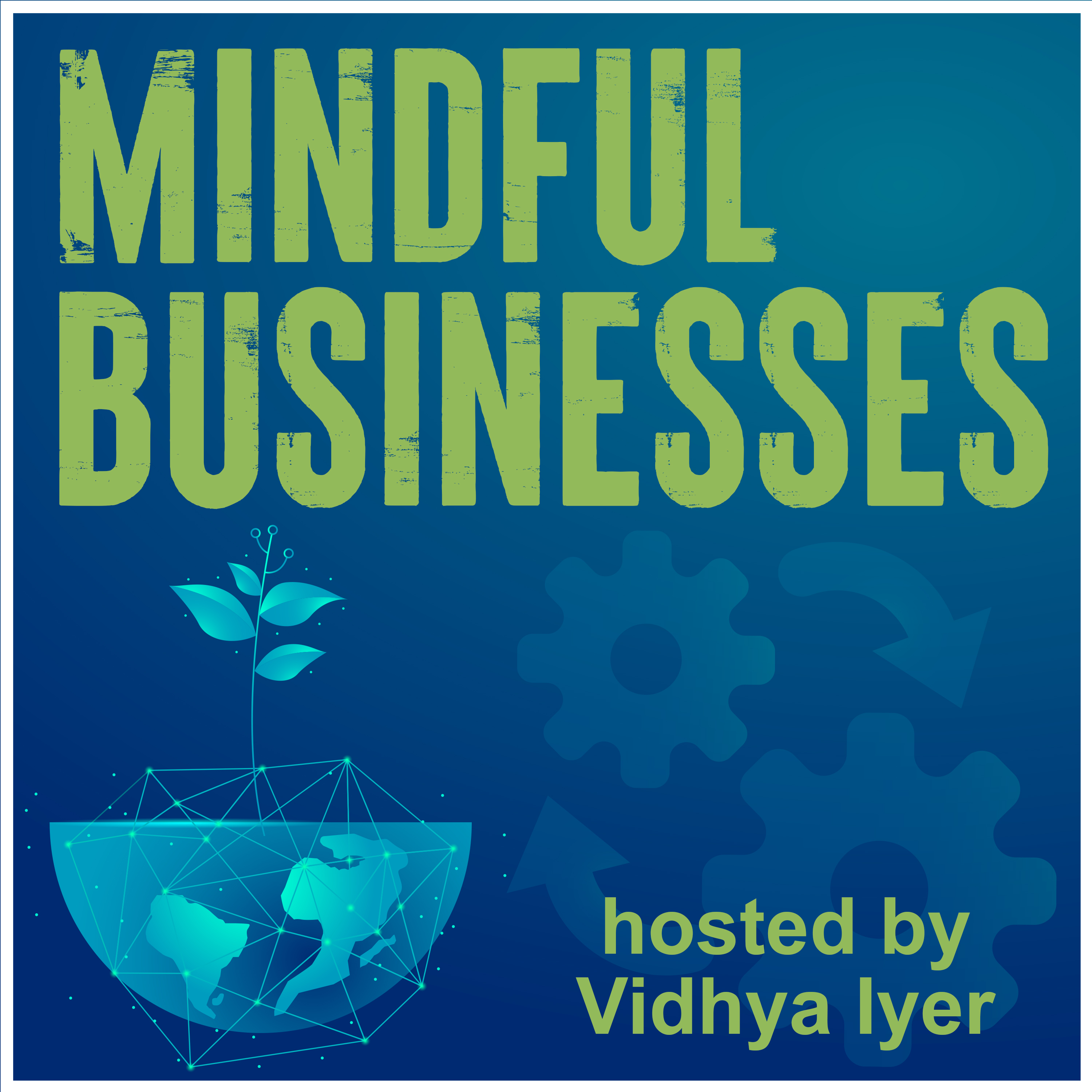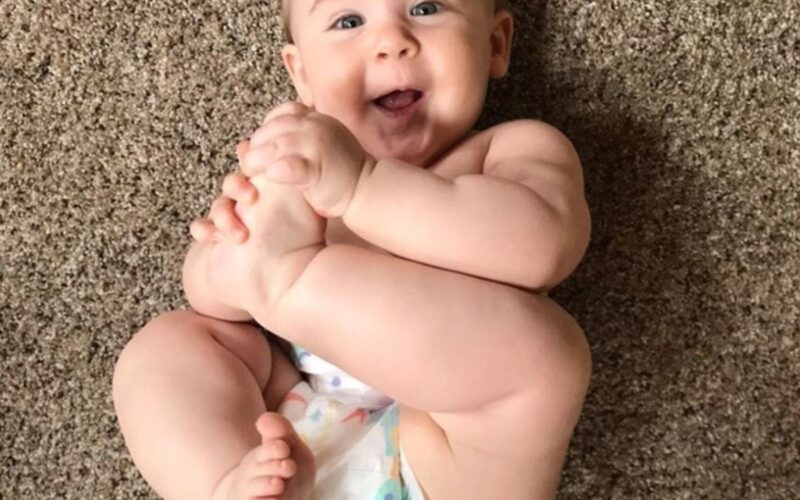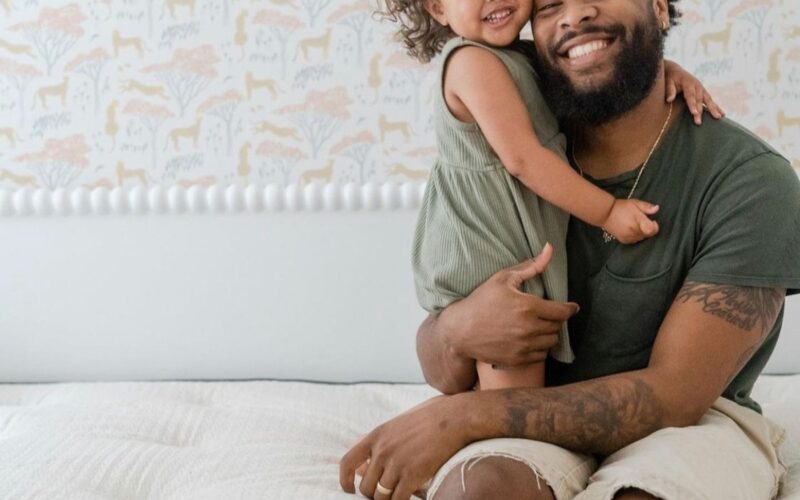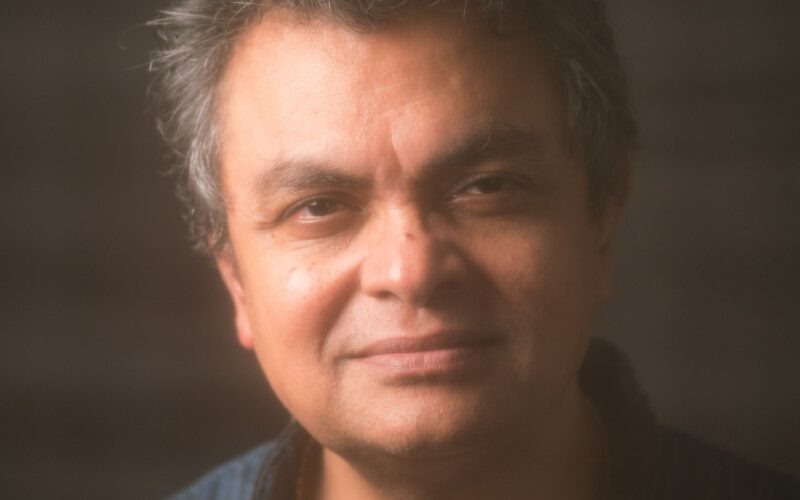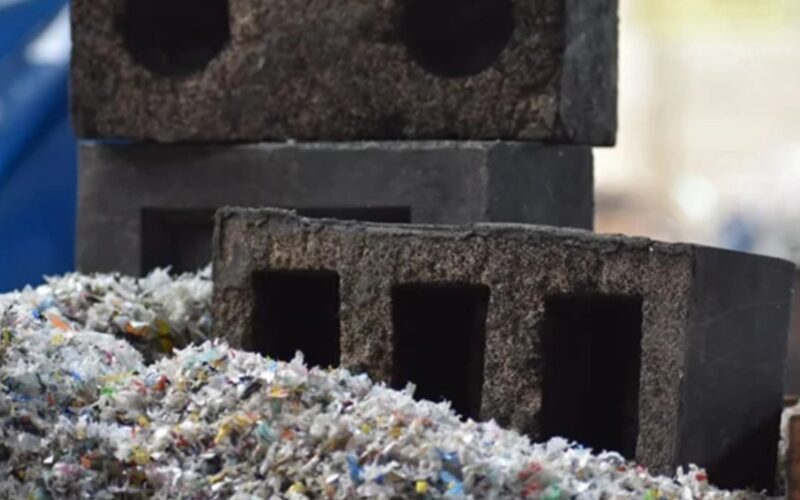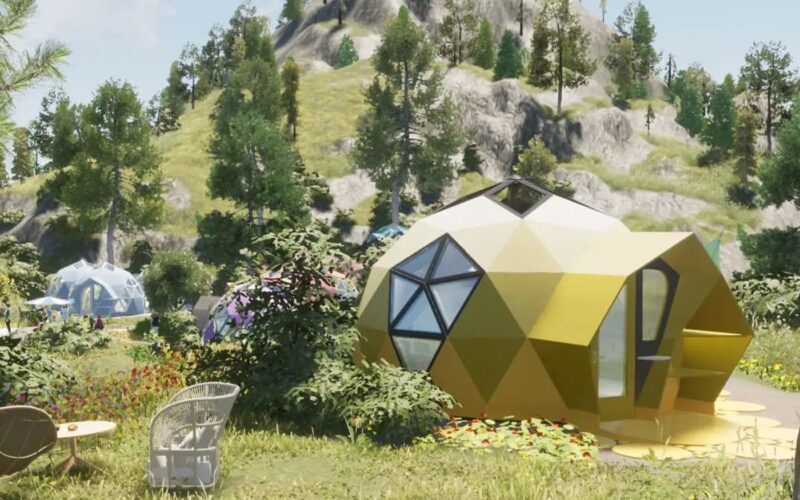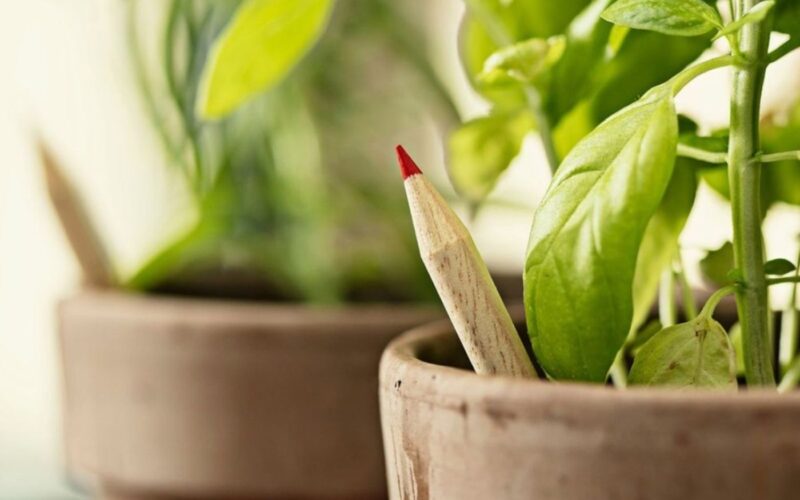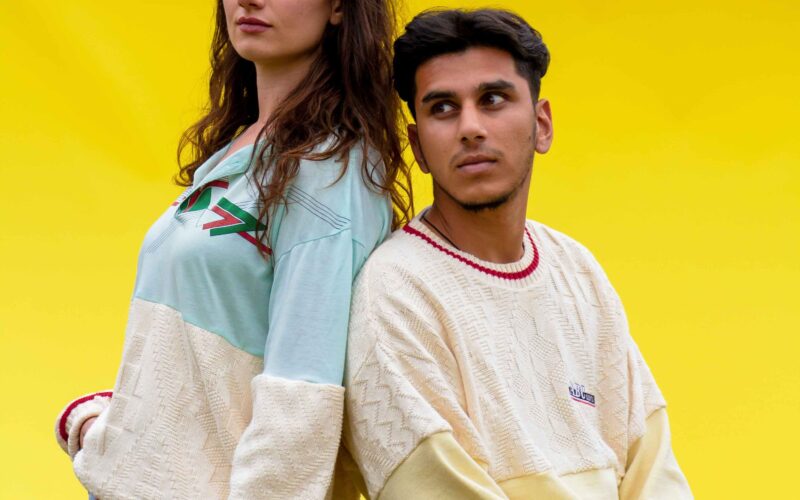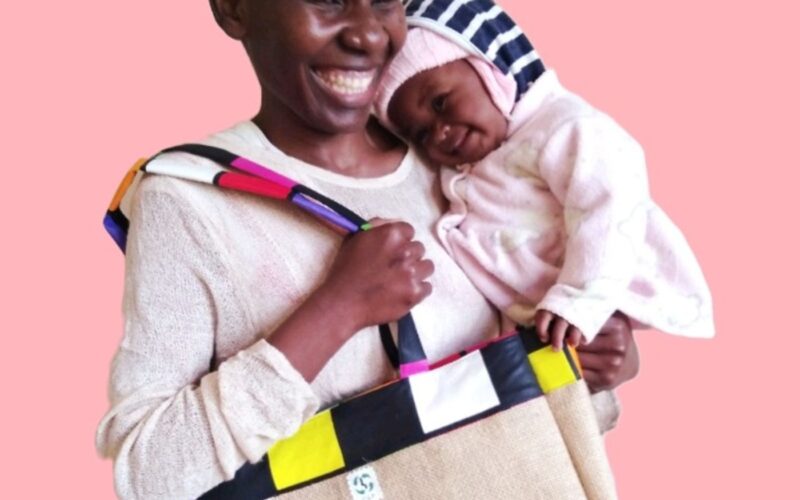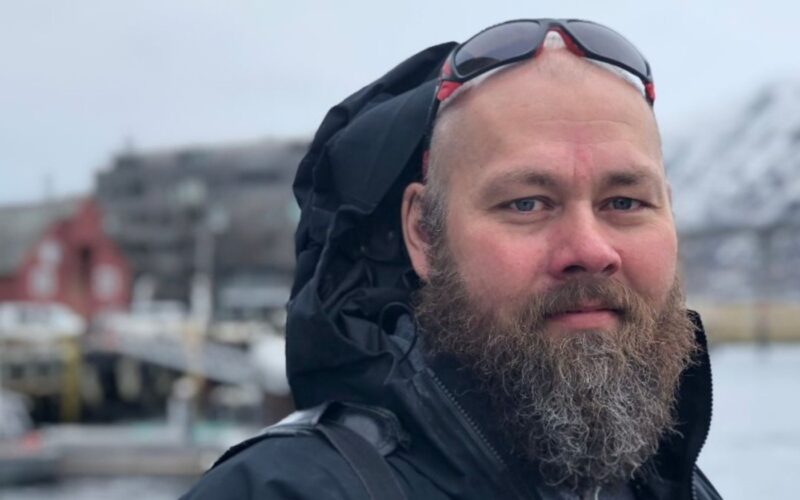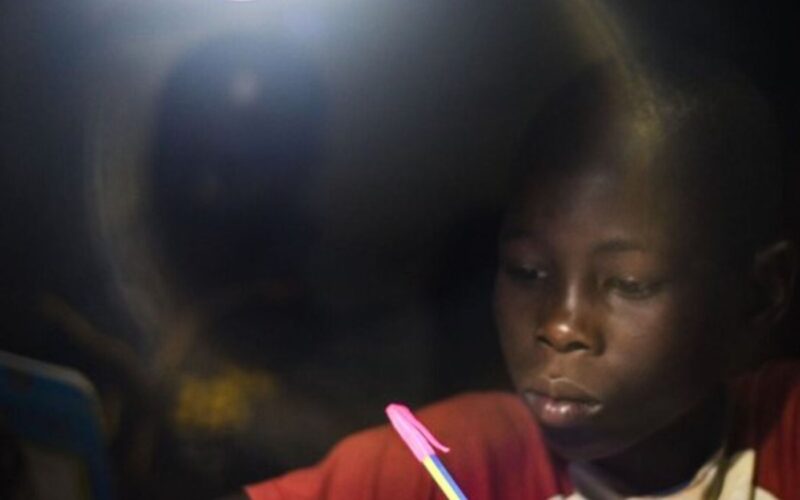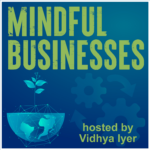75: Kudos – Natural Disposable Diapers
In this episode, we talk with Amrita Saigal, founder of Kudos, natural disposable diapers – the only disposable diaper that has 100% cotton touching baby’s bum all day. Kudos is the only disposable diaper to have earned the cotton natural™ seal for being lined with 100% cotton instead of plastic. Kudos have also been certified to the strictest safety standard, OEKO-TEX® Standard 100. Designed by a team of MIT-trained engineers (and moms!), the patent-pending DoubleDry™ tech handles moisture and provides overnight-level reliability with two layers of protection instead of one. Amrita talks about her journey, setting up Sathi – a plant-based material maxi pads, to Google X, some sibling bonding time working at Thunkable, her brother’s startup, and finally landing to launch Kudos. It has been a journey where with hard work and perseverance Kudos had received 2.4 million in seed funding from investors like Foundation Capital, XFund, PJC, Precursor Ventures, Liquid 2 Ventures, SV Angel, Underscore VC, Alpha Bridge Ventures, April Underwood among others. Learn now in this episode.
Read More

